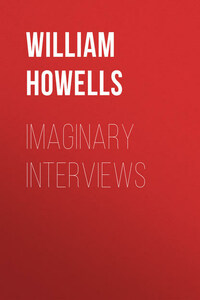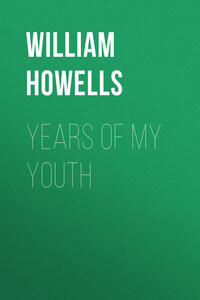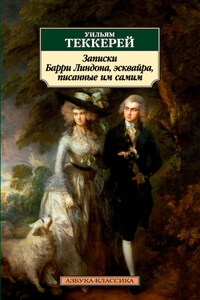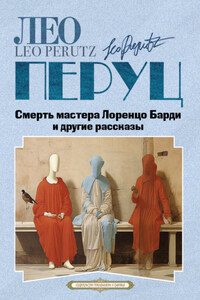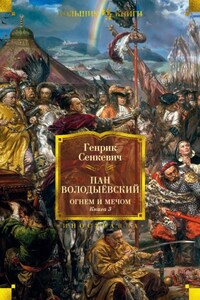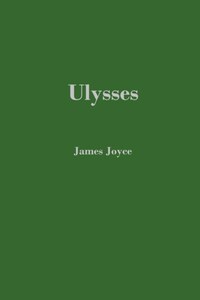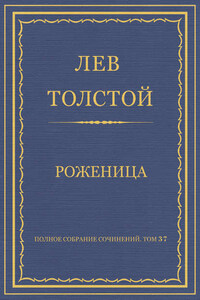I
THE RESTORATION OF THE EASY CHAIR BY WAY OF INTRODUCTION
It is not generally known that after forty-two years of constant use the aged and honored movable which now again finds itself put back in its old place in the rear of Harper's Magazine was stored in the warehouse of a certain safety-deposit company, in the winter of 1892. The event which had then vacated the chair is still so near as to be full of a pathos tenderly personal to all readers of that magazine, and may not be lightly mentioned in any travesty of the facts by one who was thought of for the empty place. He, before putting on the mask and mimic editorial robes – for it was never the real editor who sat in the Easy Chair, except for that brief hour when he took it to pay his deep-thought and deep-felt tribute to its last occupant – stood with bowed face and uncovered head in that bravest and gentlest presence which, while it abode with us here, men knew as George William Curtis.
It was, of course, in one of the best of the fireproof warehouses that the real editor had the Easy Chair stored, and when the unreal editor went to take it out of storage he found it without trouble in one of those vast rooms where the more valuable furniture and bric-à-brac are guarded in a special tutelage. If instinct had not taught him, he would have known it by its homely fashion, which the first unreal editor had suggested when he described it as an "old red-backed Easy Chair that has long been an ornament of our dingy office." That unreality was Mr. Donald G. Mitchell, the graceful and gracious Ik Marvel, dear to the old hearts that are still young for his Dream Life and his Reveries of a Bachelor, and never unreal in anything but his pretence of being the real editor of the magazine. In this disguise he feigned that he had "a way of throwing" himself back in the Easy Chair, "and indulging in an easy and careless overlook of the gossiping papers of the day, and in such chit-chat with chance visitors as kept him informed of the drift of the town talk, while it relieved greatly the monotony of his office hours." Not "bent on choosing mere gossip," he promised to be "on the watch for such topics or incidents as" seemed really important and suggestive, and to set them "down with all that gloss, and that happy lack of sequence, which make every-day talk so much better than every-day writing."
While the actual unreality stood thinking how perfectly the theory and practice of the Easy Chair for hard upon fifty years had been forecast in these words, and while the warehouse agent stood waiting his pleasure, the Easy Chair fetched a long, deep sigh. Sigh one must call the sound, but it was rather like that soft complaint of the woody fibres in a table which disembodied spirits are about to visit, and which continues to exhale from it till their peculiar vocabulary utters itself in a staccato of muffled taps. No one who has heard that sound can mistake it for another, and the unreal editor knew at once that he confronted in the Easy Chair an animate presence.
"How long have I been here?" it asked, like one wakened from a deep sleep.
"About eight years," said the unreal editor.
"Ah, I remember," the Easy Chair murmured, and, as the unreal editor bent forward to pluck away certain sprays of foliage that clung to its old red back, it demanded, "What is that?"
"Some bits of holly and mistletoe."
"Yes," the Easy Chair softly murmured again. "The last essay he wrote in me was about Christmas. I have not forgotten one word of it all: how it began, how it went on, and how it ended! 'In the very promise of the year appears the hectic of its decay… The question that we have to ask, forecasting in these summer days the coming of Christmas which already shines afar off, is this: whether while we praise Christmas as a day of general joy we take care to keep it so… Thackeray describes a little dinner at the Timminses'. A modest couple make themselves miserable and spend all their little earnings in order to give a dinner to people for whom they do not care, and who do not care for them… Christmas is made miserable to the Timminses because they feel that they must spend lavishly and buy gifts like their richer neighbors… You cannot buy Christmas at the shops, and a sign of friendly sympathy costs little… Should not the extravagance of Christmas cause every honest man and woman practically to protest by refusing to yield to the extravagance?' There!" the Easy Chair broke off from quoting, "that was Curtis! The kind and reasonable mood, the righteous conscience incarnate in the studied art, the charming literary allusion for the sake of the unliterary lesson, the genial philosophy —
'not too good
For human nature's daily food' —
the wisdom alike of the closet and the public square, the large patience and the undying hopefulness! Do you think," the Easy Chair said, with a searching severity one would not have expected of it, "that you are fit to take his place?"
In evasion of this hard question the unreal editor temporized with the effect of not having heard it. "I believe that he and Mr. Mitchell were the only writers of your papers till Mr. Alden wrote the last?"
